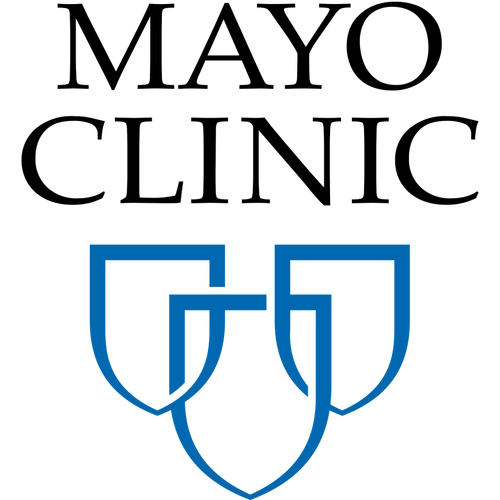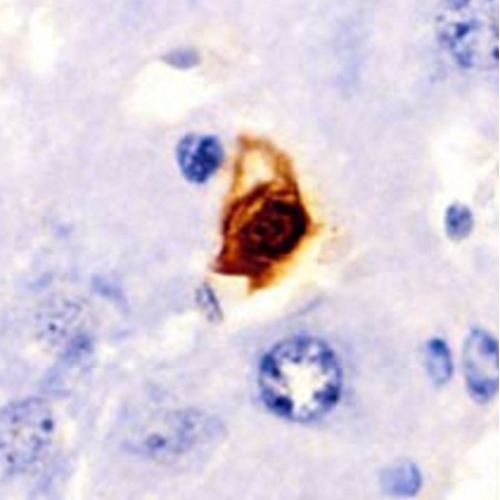Key points from article :
Senolytic drugs can boost a key protein in the body that may protect older people against aging and a range of diseases.
Senolytics given once clear the bloodstream of senescent or "zombie" cells.
Removal of senescent cells significantly boosts the production of a protective protein called a-klotho.
"...an orally active, small-molecule approach to increase this beneficial protein and also to amplify senolytic drugs," - James Kirkland, senior author of the study.
Using desatinib plus quercitin in 3 types of mice and patients with idiopathic pulmonary fibrosis, a-klotho is increased.
"...first to link the potential impact of fat-resident senescent cells on brain a-klotho," - Yi Zhu, first author of the study.
Protein a-klotho is important to maintaining good health, as it tends to decrease with age, especially in multiple diseases.
In mice, decreasing a-klotho shortens life span and increasing a-klotho increases life span by 30%.
Research by Mayo Clinic published in eBioMedicine.






